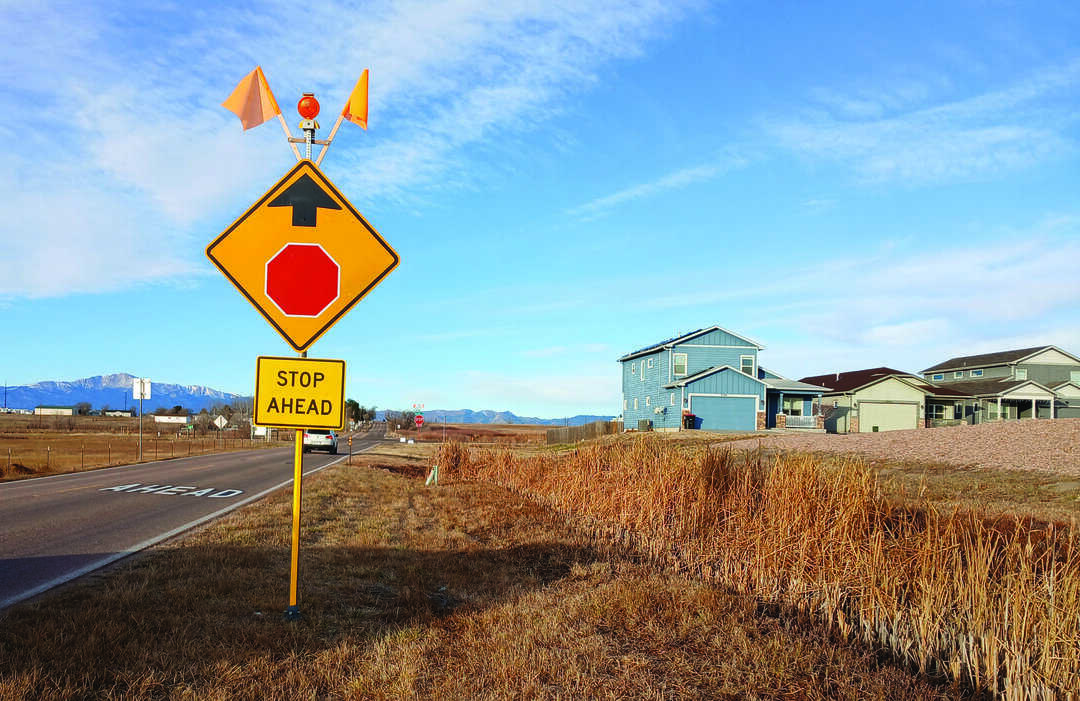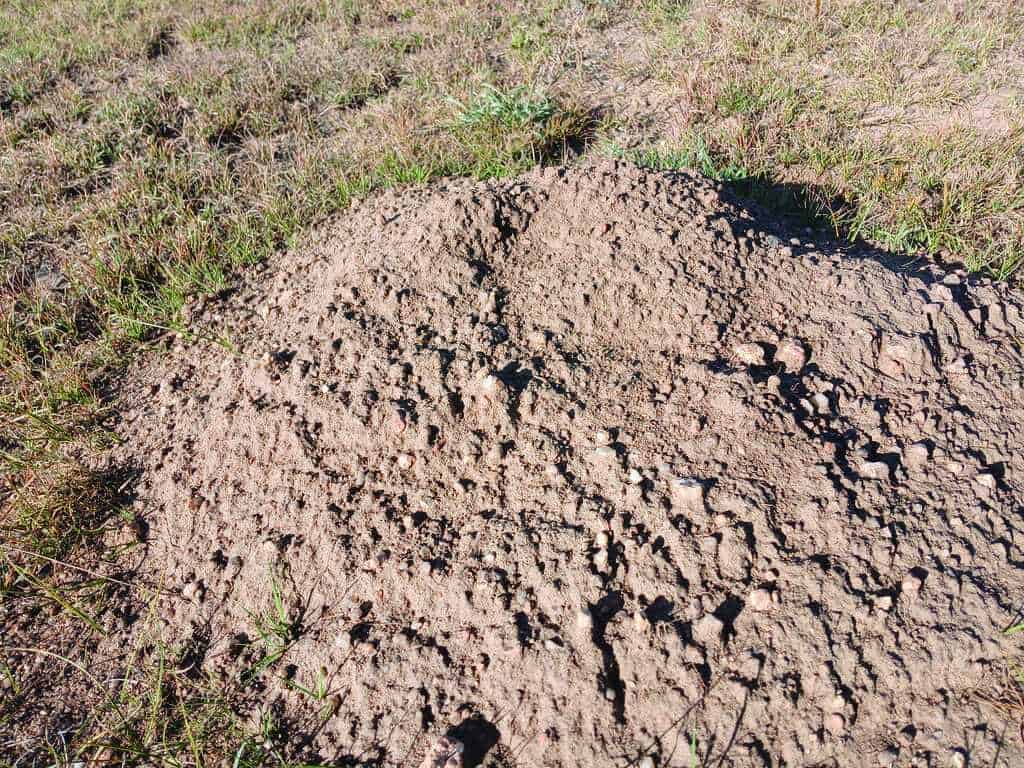Longtime local journalist Bill Radford and his wife, Margaret, live on 5 acres in the Falcon area with ducks, chickens, rabbits, dogs, cats, two noisy parrots, goats and two horses. Contact Bill at billradford3@gmail.com
There are a lot of types of fencing used in the country. And most of them are on our property.We have a three-strand, high-tensile wire fence surrounding the pasture to keep the horses in; it’s topped with electric wire that hasn’t actually been electrified for some time. Livestock panels surround the goat yard. Corral panels form the horse pens. We have a blue picket fence for a small area in the backyard just because I like the look of it. The side yard has a mish-mash of wood fencing and welded wire; the latter is attached to wood posts in some spots and T-posts in others.Some of the fence is as high as 6 feet in what turned out to be a futile effort to keep our former fence-climbing, hole-digging canine Hank in the yard. About the only thing we don’t have is that enduring symbol of the West ó barbed wire.I’m in the process of modifying and adding to our side yard fencing with the intent of keeping dogs confined but away from ducks and chickens, who are also in the side yard. This time, I’m using woven wire but within a wood frame; it’s more expensive than attaching the wire to T-posts, but I find it more pleasant to look at.Which is one of the traits to consider when deciding on fencing: From thefreerangelife.com:”When it comes to the farm there are many, many fencing options to consider. How do you know what option to choose? First you need to consider what your fencing needs are. Do you need to keep an animal in? Do you want to keep animals out? How much is your budget? How quickly do you need the fence in place? Is it important for the fence to be aesthetically pleasing? Once you have in mind what you are looking for you can begin to narrow down your options.”In the case of our ducks and chickens, the goal is to keep predators away ó not just our dogs, who are more likely to scare the birds to death than to actually attack them, but also other, free-roaming neighborhood dogs. (There are other threats as well, such as the skunk we’ve spotted hanging around the barn and that our neighbor has named Pepe.) At night the ducks and chickens are protected by two layers of security ñ- the outer fence and then chain-link enclosures.With the goats, the need is to keep them confined. And that’s not easy: Goats are known to be escape artists.In an article at tractorsupply.com, Carol Rochester, a Texan who raises goats, said, îA bad fence will make a bad goat. Once they find a hole, they’ll keep going back there. After one or two get out, the whole herd will go. And there isn’t too much they can’t figure out, whether it’s a bolt or a gate latch.”And it’s true. We have a bolt through the gate latch to the goat pen to keep the goats from lifting it open; we also have a couple of chains to keep them from pushing the gate open.Be careful in choosing livestock panels for your goats, particularly if your goats have horns. A fence with 4-inch squares is the best option, Rochester said. Fencing with 12-inch squares is probably OK, too, since it usually allows a goat to push through and pull back safely. A 6-inch square, however, can be “a goat-killer,” since a curious goat could push its head through and then get its horns stuck. Rochester warned, îThey can sometimes strangle in there, but the biggest thing is predators. They’re coyote bait.”Even if you don’t have any animals to confine or protect, you might consider fencing to keep other people’s animals out. Under Colorado’s “open range” or “fence out” statute, if you don’t want cattle or other livestock wandering onto your property, it’s typically your responsibility to fence them out ñ- not the rancher’s responsibility to fence them in.Of course, as the Colorado Department of Agriculture noted, most livestock owners don’t want their livestock to stray and will respond quickly to recover them. Still, the agency stated, “Fencing your property, either as a good neighbor or in cooperation with the owner of the livestock, is a way to avoid future conflicts and problems.”





